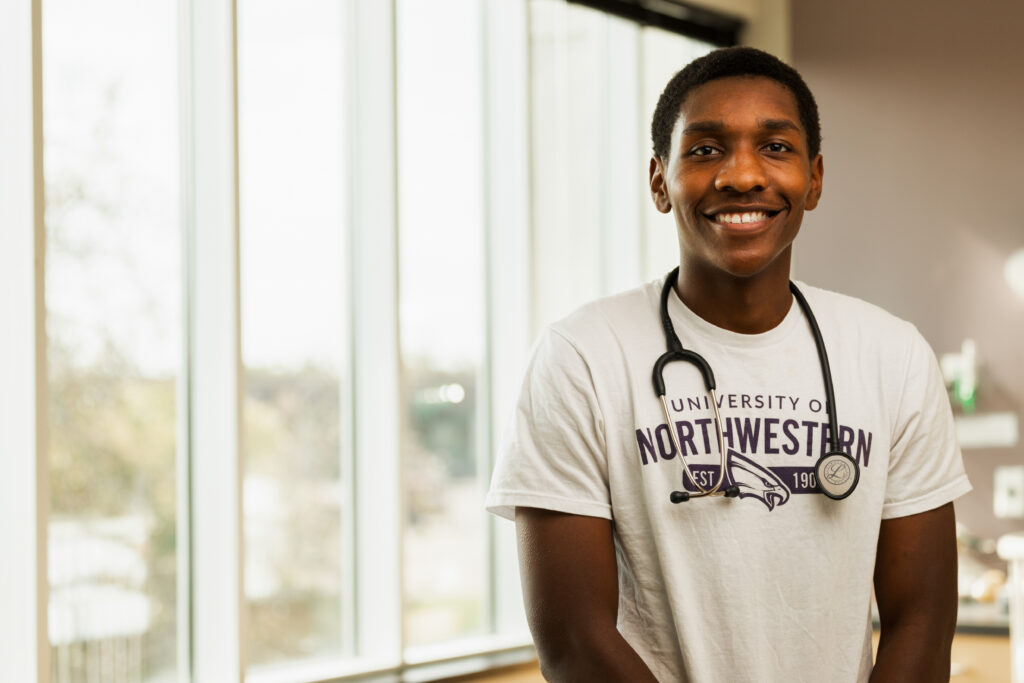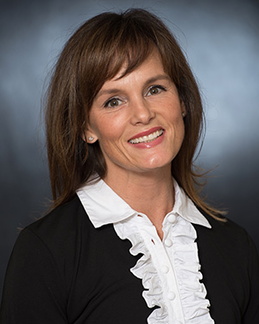As the Baby Boomer generation ages, the healthcare system is facing increased demand for nurses capable of managing complex chronic conditions, coordinating interdisciplinary care, and leading quality improvement initiatives. A Bachelor of Science in Nursing (BSN) is increasingly recognized as the preferred educational preparation for nurses to meet these growing challenges. Compared to an Associate Degree in Nursing (ADN) or a Licensed Practical Nurse (LPN) credential, the BSN offers broader clinical knowledge, leadership training, and advancement opportunities.
BSN-prepared nurses receive extensive education in areas such as community health, research, leadership, and evidence-based practice. These competencies are essential in managing the needs of older adults who often experience multiple, overlapping health conditions (American Association of Colleges of Nursing [AACN], 2023). As patient care grows more complex, healthcare systems—especially those pursuing Magnet® designation—are prioritizing BSN-prepared nurses for both bedside roles and leadership positions.
The demand for BSN-level nurses is also driven by workforce projections. The U.S. is expected to face a shortage of approximately 78,000 to 295,000 registered nurses by 2025, depending on regional factors (Health Resources and Services Administration [HRSA], 2022; Vivian Health, 2024). States such as Georgia, South Carolina, and Oklahoma are among those projected to experience the greatest deficits, while others like Minnesota may see slight surpluses. Nonetheless, most regions are encouraging or requiring ADN nurses to pursue BSN degrees within a certain time frame (AACN, 2023).
To meet these needs, many LPNs and ADN-prepared RNs are enrolling in bridge programs to complete their BSN. These programs—often offered online or in accelerated formats—help nurses advance their careers while meeting employer expectations. Ultimately, earning a BSN provides greater job security, access to advanced roles, and the ability to provide higher-quality care in a healthcare system strained by an aging population and workforce shortages.
A BSN is more than a credential. It is a pathway to serve, lead, and grow in one of the most meaningful professions in the world. At the University of Northwestern, your BSN journey will prepare you not only to be a highly skilled nurse but also a compassionate leader shaped by God’s truth.
Learn more about our BSN program at UNW!
References
American Association of Colleges of Nursing. (2024, May). Nursing shortage fact sheet. American Association of Colleges of Nursing. https://www.aacnnursing.org/news-data/fact-sheets/nursing-shortage
Health Resources and Services Administration. (2022). Nursing workforce projections, 2017–2030. U.S. Department of Health and Human Services. https://bhw.hrsa.gov/sites/default/files/bureau-health-workforce/Nursing-Workforce-Projections-Factsheet.pdf
McGhee, M. K. (2025, February 7). A Crisis by the Numbers: Nursing Shortages in 2025 by State | Vivian Community Hub. Vivian Community Hub. https://www.vivian.com/community/career-resources/nursing-shortage-by-state/


